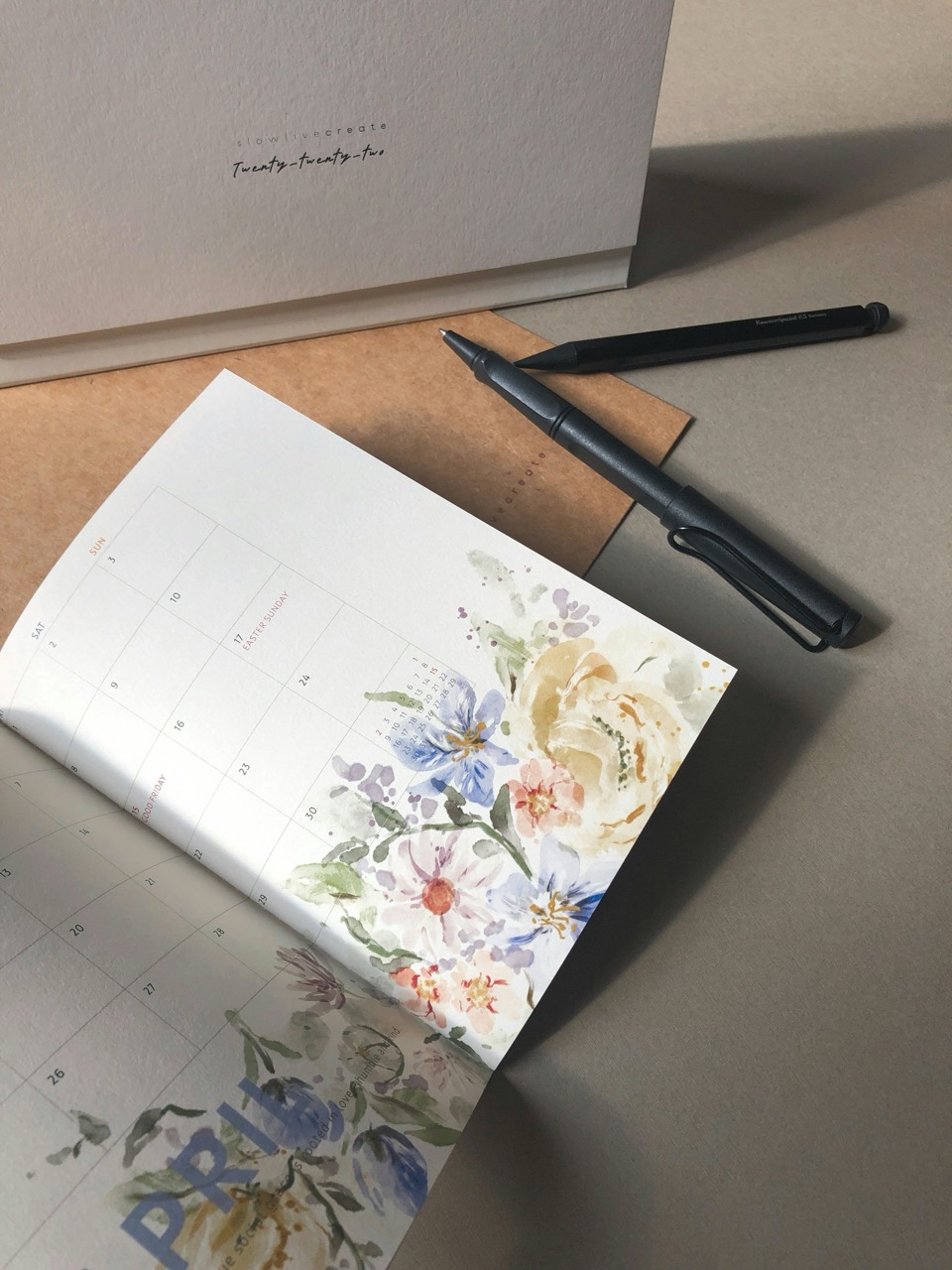Literacy is more than just the ability to read and write; it is a powerful force that shapes our cultural identity. As we navigate through the pages of various texts, we engage not only with stories but also with the diverse landscapes of human experience. From classic novels to contemporary poetry, the written word fosters connection, nurtures empathy, and allows us to explore the intricate tapestry of our identities. Let’s dive into how literacy influences our cultural identity, the sense of belonging it creates, and the role of storytelling in shaping cultures.
The Connection Between Literacy and Cultural Identity
Literacy serves as a bridge between individuals and their cultural heritage. When we engage with literature, we uncover the values, beliefs, and traditions that define our communities. For many, the act of reading stories from their culture or language can evoke a sense of familiarity and belonging, reinforcing ties to their roots. This connection is especially significant for marginalized groups, as literature can provide a platform to voice their narratives and challenge dominant cultural norms.
Moreover, literacy empowers individuals to see themselves in the stories they read. Books that reflect our own experiences can validate our feelings and experiences, helping us forge a stronger identity. When we encounter characters who look like us or share our struggles, it fosters a deep sense of recognition and understanding. This reflection not only affirms our identity but also encourages a dialogue about our place in society, allowing for richer discussions about cultural diversity and inclusion.
Ultimately, literacy is a means of cultural preservation. Through literature, we pass down traditions, languages, and histories from one generation to the next. Storytelling becomes a vessel for cultural continuity, ensuring that the essence of a community is not lost over time. As we read and share these stories, we contribute to a collective narrative that strengthens our cultural identity and connects us to others who share our heritage.
How Reading Influences Our Sense of Belonging
Reading can be an intimate experience that fosters a sense of belonging in various ways. When we open the pages of a book, we often find ourselves in the company of characters who feel like friends or companions. This emotional connection can create a comforting sense of belonging, especially for those who may feel isolated in their daily lives. Through shared experiences with characters, readers can navigate their own struggles and triumphs, making literature a safe space for exploration.
Additionally, reading can introduce us to communities we might not have encountered otherwise. Through fiction, memoirs, and essays, we can travel to different cultures, perspectives, and lifestyles. This exposure broadens our understanding and appreciation of diversity, allowing us to empathize with experiences outside our own. In doing so, we not only expand our horizons but also cultivate a more inclusive sense of belonging that transcends geographical and cultural boundaries.
Moreover, book clubs and literary communities create spaces for connection among readers. Engaging in conversations about shared readings allows individuals to bond over their interpretations and insights. These gatherings cultivate a sense of camaraderie, where readers feel seen and valued for their thoughts. In this way, reading becomes a communal activity that reinforces our sense of belonging and nurtures a passion for literature.
The Role of Storytelling in Shaping Cultures
Storytelling is a fundamental thread that weaves through the fabric of every culture. It is through stories that we learn moral lessons, understand social norms, and explore our shared humanity. Oral traditions, folk tales, and literature all serve as vehicles for transmitting cultural values and knowledge across generations. As we read and listen to these stories, we internalize the lessons they impart, shaping our worldview and identity.
In many cultures, storytelling is not just an art form; it is also a communal activity that fosters connection. Gatherings for storytelling often create a sense of unity, as individuals come together to share experiences and wisdom. This communal sharing helps reinforce cultural identity by reminding participants of their shared history and values. Stories become a living testament to a community’s resilience, creativity, and collective memory.
Furthermore, storytelling has the power to challenge prevailing narratives and offer alternative perspectives. Diverse voices in literature can illuminate underrepresented experiences, fostering understanding and compassion. By embracing varied narratives, we enrich our cultural landscape and encourage dialogue about identity, power, and belonging. Ultimately, storytelling shapes not only the characters we encounter in books but also the very essence of our identities as readers and members of society.
Practical Tips for Exploring Diverse Literary Voices
To deepen your appreciation for literature and explore diverse literary voices, start by seeking out authors from different backgrounds. Look for reading lists that highlight works by marginalized writers or those who represent cultures different from your own. This intentional exploration can open your eyes to new perspectives and enrich your understanding of the world.
Additionally, consider joining a book club that focuses on diverse literature. Engaging in discussions with fellow readers can enhance your insights and encourage you to think critically about the themes and messages in the texts. Sharing your thoughts and hearing others’ interpretations can also deepen your connection to the stories and the cultures they represent.
Finally, don’t hesitate to step outside your comfort zone. Experiment with genres you might not typically read, such as poetry, graphic novels, or historical fiction. Each genre offers unique storytelling techniques that can enhance your reading experience. By embracing a variety of voices and styles, you’ll not only discover new favorites but also cultivate a richer, more nuanced understanding of cultural identity through literature.
Literacy is a powerful tool that shapes our cultural identity, enriches our sense of belonging, and fosters communal connections through storytelling. As we explore diverse literary voices, we not only deepen our appreciation for literature but also cultivate empathy and understanding in a world that thrives on diversity. So, let’s continue to turn the pages, share our stories, and celebrate the beautiful tapestry of human experience that literature offers us. Happy reading!










